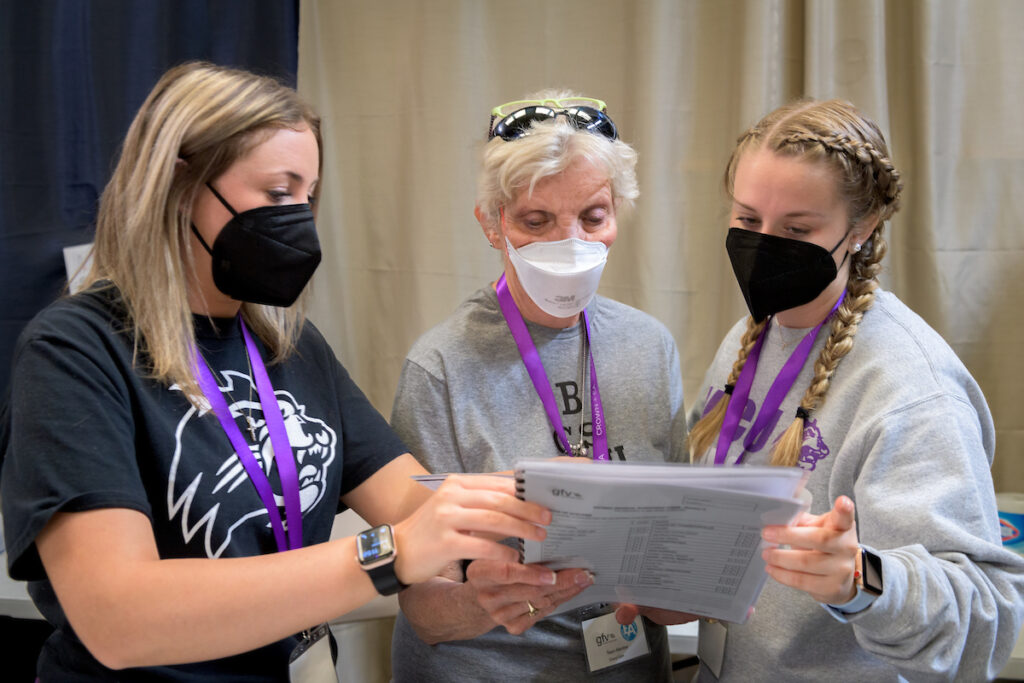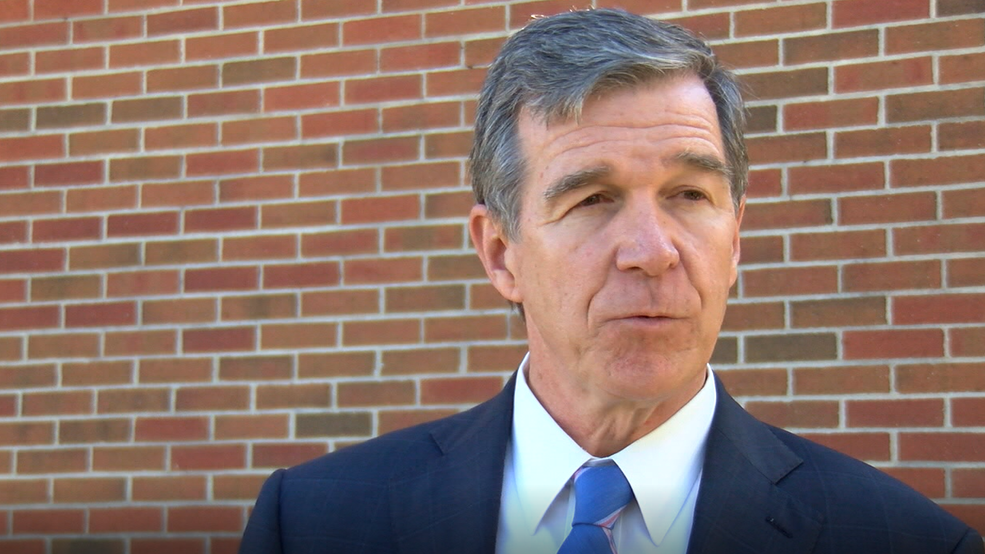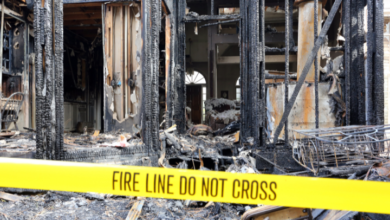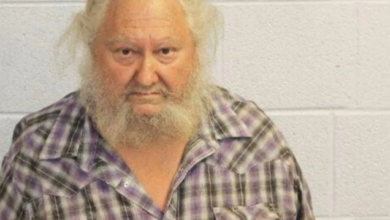School of Nursing Combines Experiential Learning with Community Service

A makeshift clinic of folding chairs and folding tables, separated in clusters by curtains and canvas tents, has been set up inside a steel girder building in Clarkston, Georgia, a community resting in the shadow of Atlanta.
Clarkston is home to a sizeable community of international refugees, enough so to sometimes be referred to as the “Ellis Island of the South.” This is where, more often than not, the process of assimilation begins for these immigrants. The new residents come with hopes for a new life.
They also come with basic human needs.
Which provides an opportunity for volunteers from the School of Nursing at Western Carolina University. For five nursing students, one faculty member and two alumni, the day has been given over to assisting Great Faith Vision, a national Christian mission group, in operating the pop-up medical clinic, which for the time being will offer free vision care for young and old.
The building has become a functioning optometry office, staffed with three optometrists and 40 volunteers. There will be vision and glaucoma tests, lens prescriptions and providing frames and lenses as needed, as well as other general health screenings.
Cheryl Clark, an adjunct assistant professor, helped organize the trip. “Today we’ll primarily see people with origins in Thailand,” she said. “This community is home to a resettlement program that has accepted over 40,000 displaced persons, from so many backgrounds and I think about different 50 countries. Some speak English or have some insight into American culture, in all its many forms. But many don’t.
“Regardless, a warm welcome and compassionate care is here for them. And for our nursing students, this is another way of learning and growing professionally, giving them the sort of hands-on experience (that) Western is known for.”
It’s the second volunteer trip to Clarkston for Sydney Kinter of Rutherfordton. She stayed busy recording personal info and stats for each patient as their process started. “I didn’t realize how fortunate I am until the first time here. Things I take for granted are not a given for other cultures and staying healthy can be difficult for them,” Kinter said.
Linnea Starr of Chapel Hill, a senior in her last semester and using the mission work as her senior project, tests patients for glaucoma. She said she is hoping to find a career in intensive care field following graduation. “This is a great way to learn how to work with different cultures and how to overcome communication barriers,” she said. “We use interpreters – and a lot of hand gestures and smiles.”
Kirsten Mabe of Kernersville, a rising senior, asked patients about their medical history and dutifully took blood pressure and pulse rates. “I love working with children,” she said, as she patiently and playfully kept a rambunctious 5-year-old’s attention. “I wish I was able to speak all their languages, to be able to quickly and easily communicate with them, but seeing all these smiles says a lot.”
WCU’s School of Nursing is nationally ranked, with undergraduate and graduate programs offered at the main campus in Cullowhee, the Biltmore Park instructional site in Asheville and online. For more information, go to nursing.wcu.edu.






